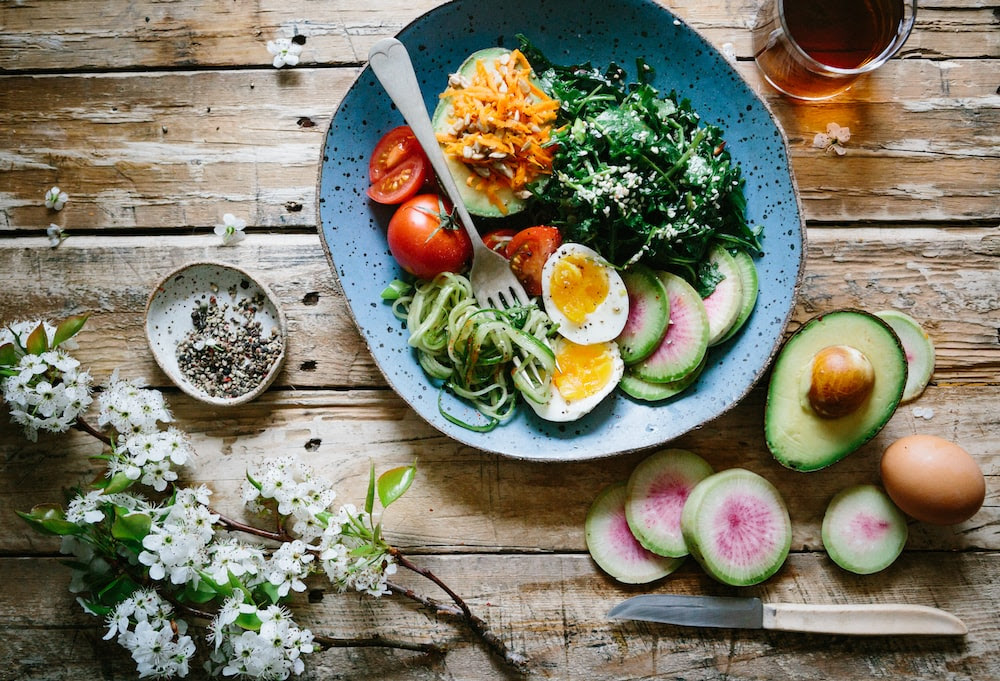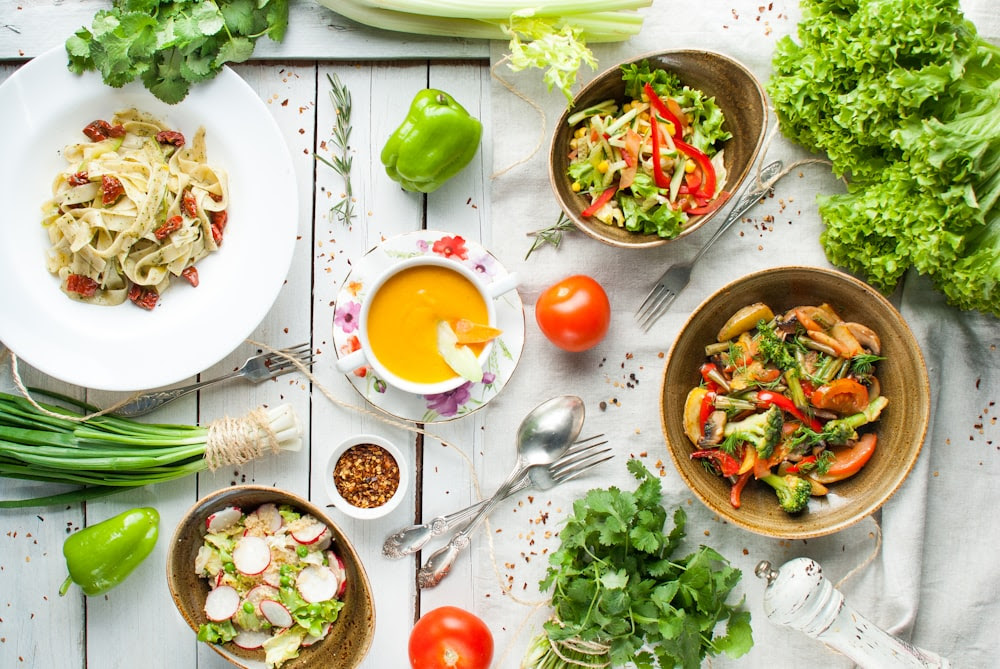Whether you’re trying to save the planet, improve your health or frankly, just want to be part of a trend, plant-based diets are rapidly growing in popularity.
At least in January, anyway.
In 2019, it was estimated that around 600,000 people in Britain were following a vegan diet – up from approximately 150,000 people in 2014.
The coming year is likely to be even bigger after research shows that one in five of us started eating more vegetarian and vegan food since the start of the pandemic.
A similar number are now planning to go fully meat-free.
A host of new vegan brands, some owned by the major supermarkets, have made the diet easy to follow – and by rights, it should be cheaper to go veggie, even cheaper to embrace a plant-based diet or full veganism (which cuts out all animal products, including honey and gelatin).
After all, a carrot is a far smaller fridge investment than a cutlet.
But slide your way along the plant-based section now entrenched in every single UK supermarket and the price tags seem to tell a different story.
Beyond Meat plant-based burgers cost £19.47/kg from Tesco, while the most expensive beef burger patty they stock online, from Gourmet Burger Kitchen, was £12.33/kg at the time of writing.
Can you go vegan without having wads of cash? We crunched the numbers to weigh up how a plant-based diet will impact your shopping bills.
What is the cluck?
The research, which compared the cost of seven sustainable diets with the current typical diet in 150 countries, found that it’s adopting a Vegan diet can reduce food costs by up to a third.
Vegetarian diets came in a close second and even flexitarian diets, with reduced amounts of meat and dairy, also reduced costs by 14%.
“When scientists like me to advocate for healthy and environmentally-friendly eating, it’s often said we’re sitting in our ivory towers promoting something financially out of reach for most people,” said Dr Marco Springmann, a researcher at the Oxford Martin Program on the Future of Food. “This study shows it’s quite the opposite.”
So what’s going on here?
Crucially, this study focused on whole foods and did not include highly-processed meat replacements or eating at restaurants or takeaways.
We’re talking about cooking from scratch with cheeky cheats like swapping out mince for uber-cheap lentils in the spag bol, chilli or cottage pie.
The Vegan Society suggests making mixed bean fajitas, made with a can of mixed beans at 60p or less, compared with chicken at £4 for a similar weight of 400g.
Bulk buy to really make the most of the cost savings, and remember to batch cook to keep energy bills down while you stir up a storm in the kitchen.
A bulk 25 kg bag of lentils could, if you can find a space for it in the kitchen, could set you back as little as £50, or £2 per kilo, with an adult serving of around 100g or 20p’s worth.
Frozen veggie products will last longer and are often cheaper.
And while you could pay £1.80 for a liter of the leading brand oat milk, making your own by blitzing one part oats with four parts water and a pinch of salt before straining the lot through a tea towel will set you back mere pennies for as much as you can rustle up and will keep in the fridge for a couple of days.
Add a touch of vanilla once strained if you’re feeling really fancy.
There’s a common misconception that removing meat and dairy from a meal is a simple way to reduce its overall cost. Rearing animals is, after all, generally more labor and time-intensive than growing vegetables and grains.
Plus, many of us will cut back on meat to save money on the weekly shop.
However, it doesn’t always work like that.
For instance, branded veggie products that mimic the meat ones can cost just as much, if not more, than the real thing.
However, if you want to add products like these to your shop, you should search for the non-branded versions, which are considerably cheaper.
A packet of Asda’s own brand vegetarian mince currently costs £1.64 for 454g.
In comparison, 500g of veggie mince from a well-known label such as Quorn costs around £2.85.
Another thing to bear in mind when shopping for mock-meat products is that it’s better to stick to the freezer aisle than fresh.
Unexpected benefits
There’s more though.
Because a healthy vegan or plant-based diet has such associations with good overall personal health, including a reduction in cancer rates, ‘all-cause’ mortality and early death, knocking out the meat and dairy could have knock-on effects on health-related costs.One insurer in the US has been offering vegans and those consistently following a plant-based diet a discount on their premium for years with an exclusive life-insurance product for example. Here in the UK, those who can demonstrate a particularly healthy diet with high levels of fruit and veg consumption and a low intake of saturated fat, including that found in meat and dairy, could secure discounts on their health, life and income protection policies from providers such as Vitality. Someone pass the veg.
How not to do Veganuary
Going plant-based isn’t, sadly, about replacing steak and chips with… well, just the chips.
And a few supplements.
That approach is a fast way to the kind of dietary deficiency that gives a plant-based diet a bad name.
The NHS advises vegans, plant-based diets followers and the rest of us to eat at least five portions of a variety of fruit and vegetables each day. In fact, nutritionists believe all of us should be aiming for 20 if not 30 different types of plant-based foods every week, which could be… challenging.
Aim to eat some beans, pulses and other proteins every day.
Not that the UK’s population has a protein deficiency problem in general, contrary to popular belief.
Elsewhere, the universal advice over healthy diets definitely applies, with small amounts of unsaturated oils and spreads, plenty of water and, in the case of Veganuarists, some dairy alternatives like oat milk and plant-based yogurts. Plump for lower-fat and lower-sugar options.
The Vegan Society has some great tips on nutrition, health and recipes.




Comment here